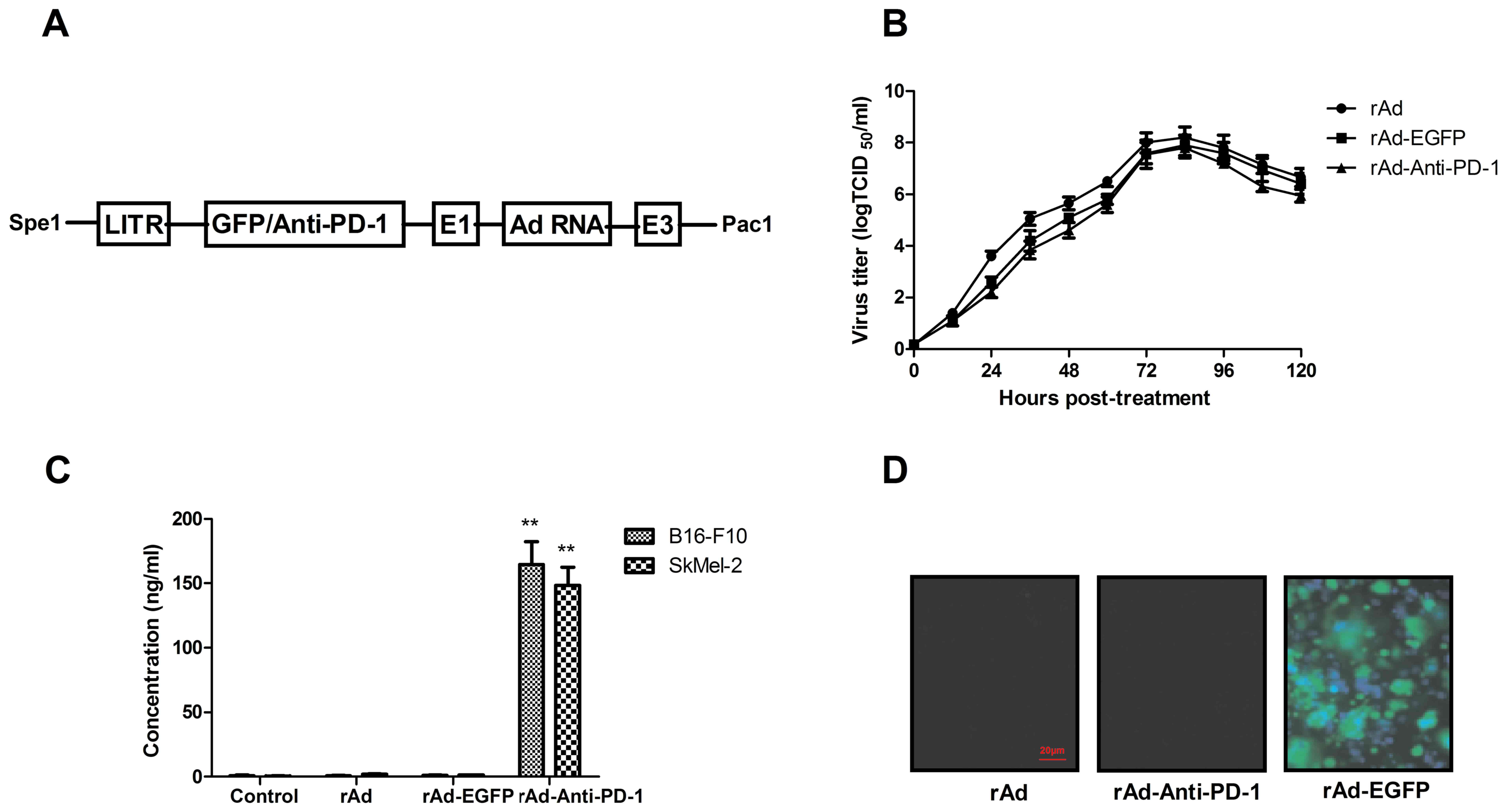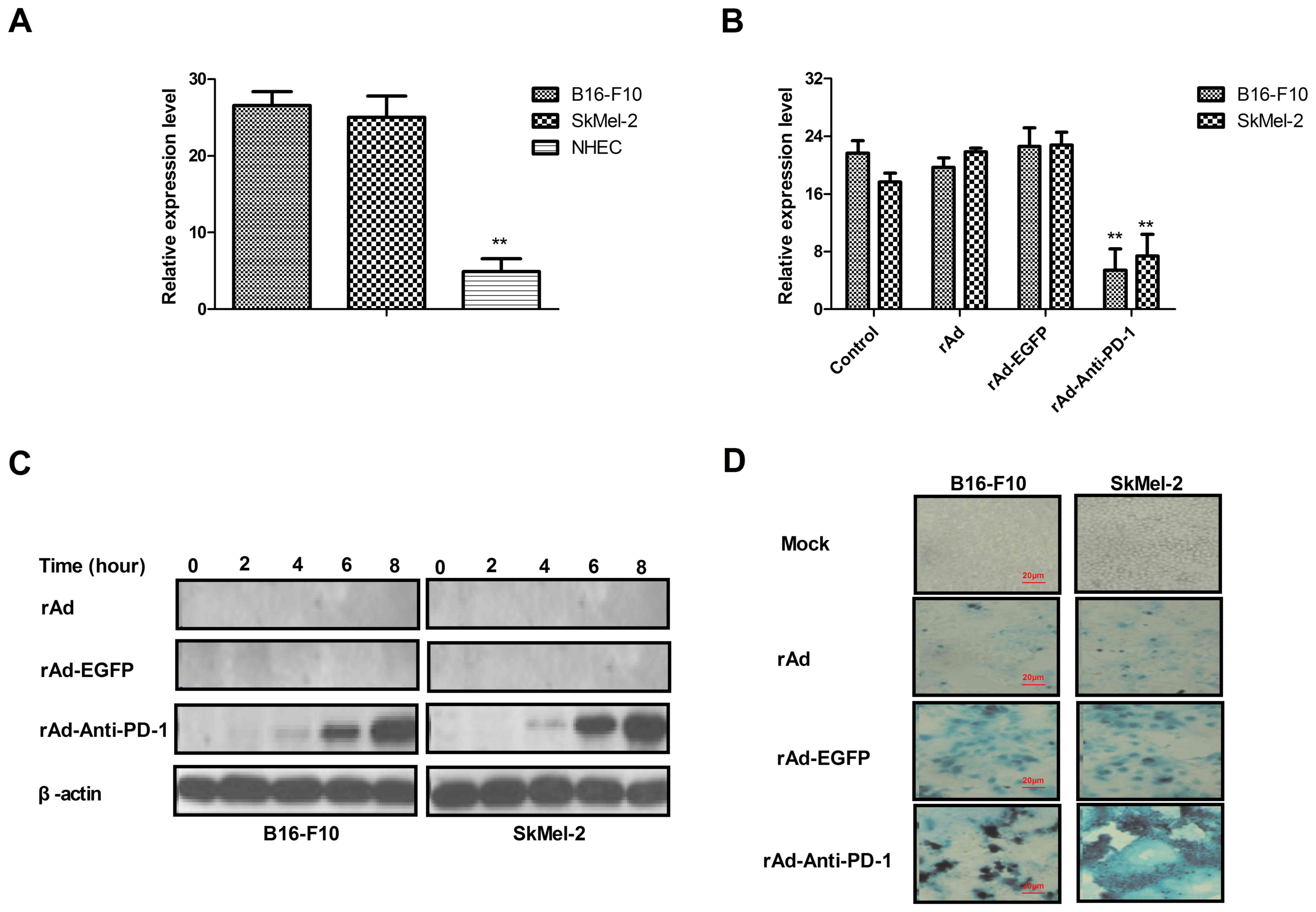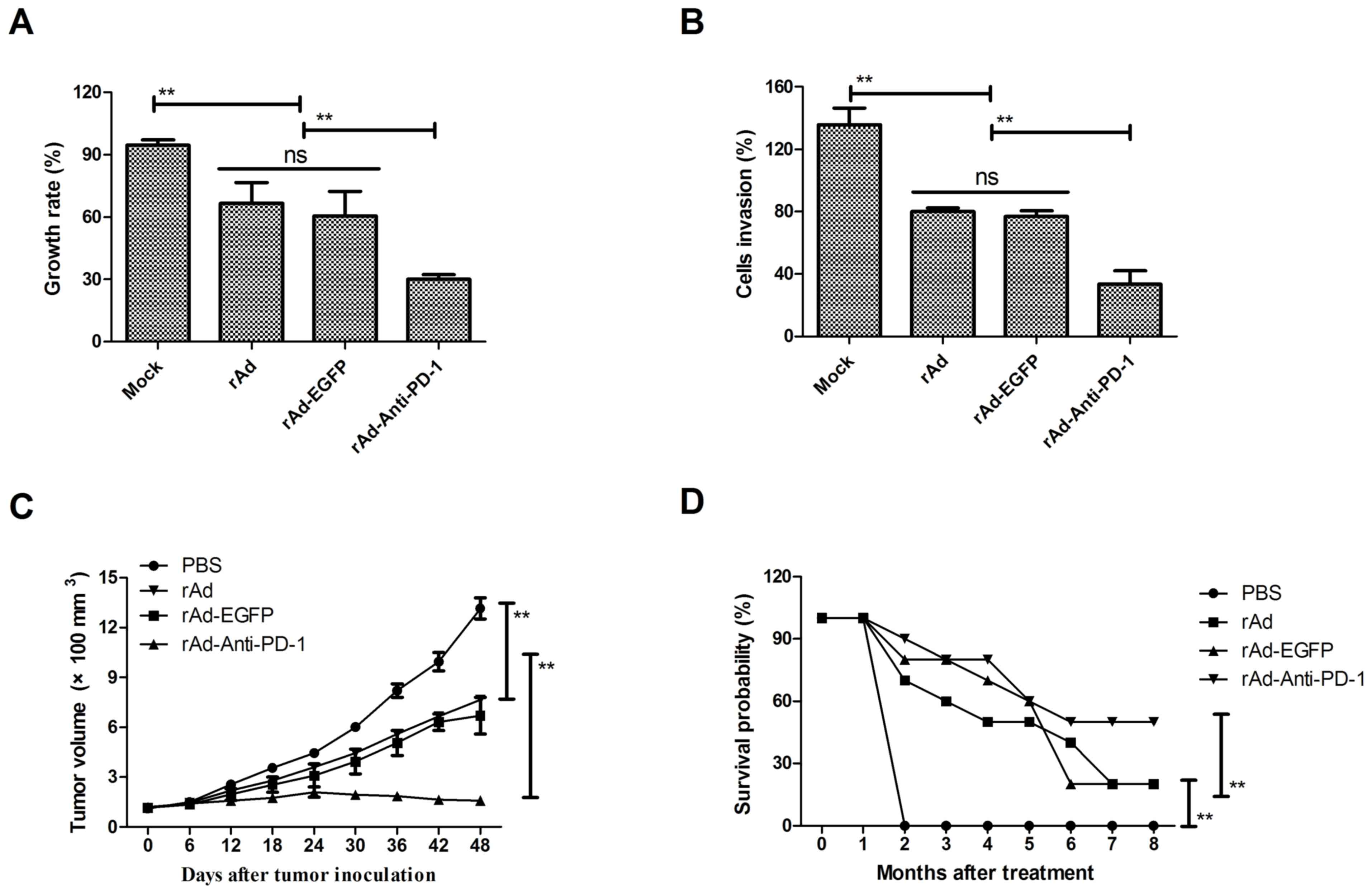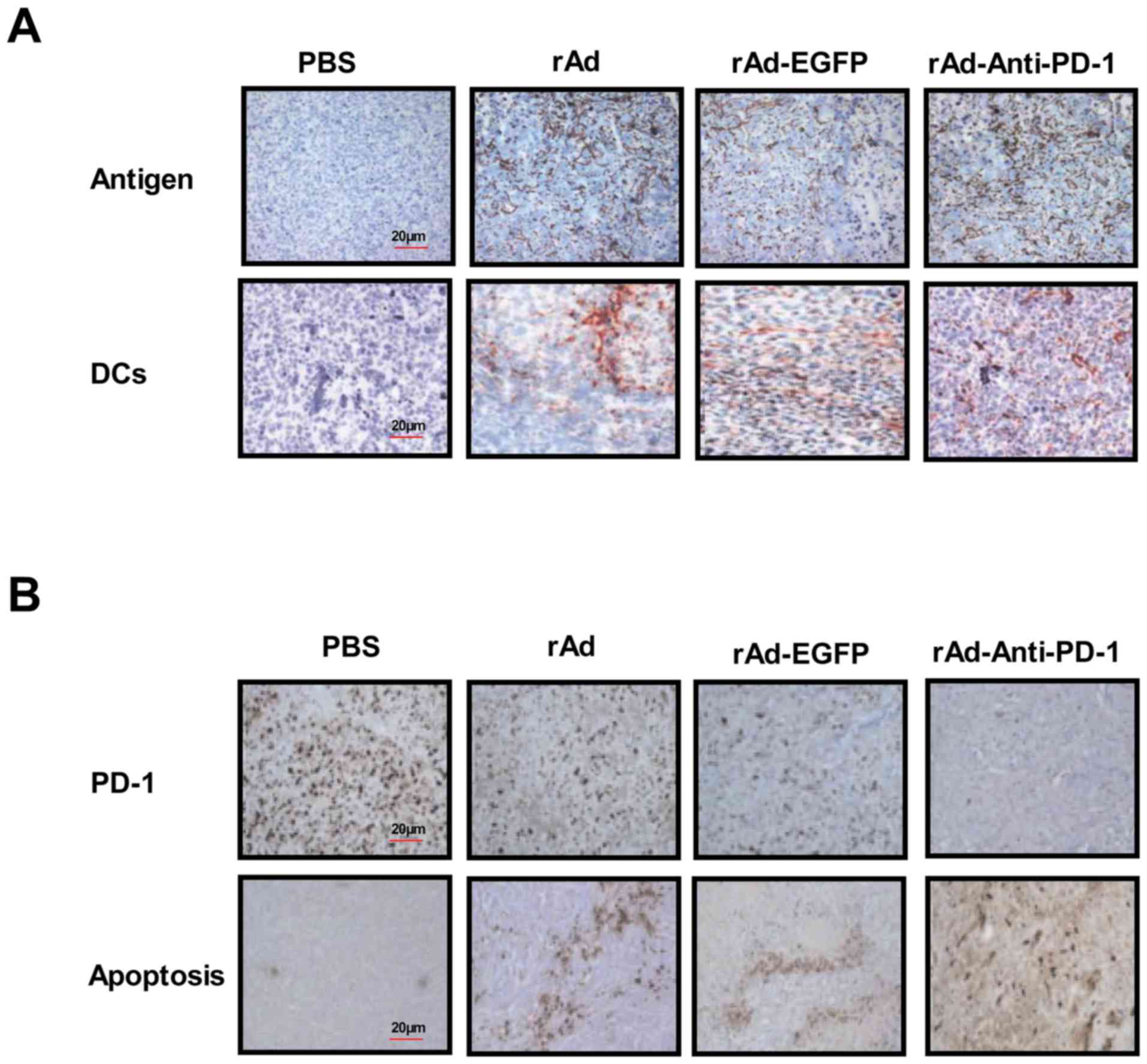|
1
|
Ungureanu L, Botar Jid C, Candrea E,
Cosgarea R and Senila SC: The role of lymph node ultrasound
evaluation in melanoma-review of the literature. Med Ultrasono.
18:224–230. 2016. View Article : Google Scholar
|
|
2
|
Liu H, Yan Y and Jiang CM: Primary
malignant melanoma of the esophagus with unusual endoscopic
findings: A case report and literature review. Medicine
(Baltimore). 95:e34792016. View Article : Google Scholar : PubMed/NCBI
|
|
3
|
Linertová R, Valcárcel-Nazco C and
Lacalle-Remigio JR: Management of benign melanocytic lesions as a
melanoma prevention. Systematic review. Med Clin (Barc).
147:162–170. 2016.(In Spanish). View Article : Google Scholar : PubMed/NCBI
|
|
4
|
Cazes A and Ronai ZA: Metabolism in
melanoma metastasis. Pigment Cell Melanoma Res. 29:118–119. 2016.
View Article : Google Scholar : PubMed/NCBI
|
|
5
|
Martínez-Esteve A, Álvarez-Pérez RM,
Caballero-Gullón L, Sancho-Márquez MP and Borrego-Dorado I: Breast
metastasis from melanoma mimicking inflammatory breast cancer. Eur
J Nuc Med Mol Imaging. 43:389–390. 2016. View Article : Google Scholar
|
|
6
|
Margolin KA: Brain metastases in melanoma:
Moving toward curing the incurable. J Oncol Pract. 12:545–546.
2016. View Article : Google Scholar : PubMed/NCBI
|
|
7
|
Chukwueke U, Batchelor T and Brastianos P:
Management of brain metastases in patients with Melanoma. J Oncol
Pract. 12:536–542. 2016. View Article : Google Scholar : PubMed/NCBI
|
|
8
|
Schwartz H, Blacher E, Amer M, Livneh N,
Abramovitz L, Klein A, Ben-Shushan D, Soffer S, Blazquez R,
Barrantes-Freer A, et al: Incipient melanoma brain metastases
instigate astrogliosis and neuroinflammation. Cancer Res.
76:4359–4371. 2016. View Article : Google Scholar : PubMed/NCBI
|
|
9
|
Sharma G, Lian CG, Lin WM, Amin-Mansour A,
Jané-Valbuena J, Garraway L, Bao W, Yoon CH and Ibrahim N: Distinct
genetic profiles of extracranial and intracranial acral melanoma
metastases. J Cutan Pathol. 43:884–891. 2016. View Article : Google Scholar : PubMed/NCBI
|
|
10
|
Luo M and Fu L: The effect of chemotherapy
on programmed cell death 1/programmed cell death 1 ligand axis:
Some chemotherapeutical drugs may finally work through immune
response. Oncotarget. 7:29794–29803. 2016. View Article : Google Scholar : PubMed/NCBI
|
|
11
|
Fang XN and Fu LW: Predictive efficacy
biomarkers of programmed cell death 1/programmed cell death 1
ligand blockade therapy. Recent Pat Anticancer Drug Discov.
11:141–151. 2016. View Article : Google Scholar : PubMed/NCBI
|
|
12
|
Dulos J, Carven GJ, van Boxtel SJ, Evers
S, Driessen-Engels LJ, Hobo W, Gorecka MA, de Haan AF, Mulders P,
Punt CJ, et al: PD-1 blockade augments Th1 and Th17 and suppresses
Th2 responses in peripheral blood from patients with prostate and
advanced melanoma cancer. J Immunother. 35:169–178. 2012.
View Article : Google Scholar : PubMed/NCBI
|
|
13
|
Sakthivel P, Gereke M and Bruder D:
Therapeutic intervention in cancer and chronic viral infections:
Antibody mediated manipulation of PD-1/PD-L1 interaction. Rev
Recent Clin Trials. 7:10–23. 2012. View Article : Google Scholar : PubMed/NCBI
|
|
14
|
Lee JJ, Chan A and Tang T: Tuberculosis
reactivation in a patient receiving anti-programmed death-1 (PD-1)
inhibitor for relapsed Hodgkin's lymphoma. Acta Oncol. 55:519–520.
2016. View Article : Google Scholar : PubMed/NCBI
|
|
15
|
Karakatsanis S, Bertsias G, Roussou P and
Boumpas D: Programmed death 1 and B and T lymphocyte attenuator
immunoreceptors and their association with malignant
T-lymphoproliferative disorders: Brief review. Hematol Oncol.
32:113–119. 2014. View
Article : Google Scholar : PubMed/NCBI
|
|
16
|
Huang B, Chen L, Bao C, Sun C, Li J, Wang
L and Zhang X: The expression status and prognostic significance of
programmed cell death 1 ligand 1 in gastrointestinal tract cancer:
A systematic review and meta-analysis. Onco Targets Ther.
8:2617–2625. 2015.PubMed/NCBI
|
|
17
|
Ferris R: PD-1 targeting in cancer
immunotherapy. Cancer. 119:E1–E3. 2013. View Article : Google Scholar : PubMed/NCBI
|
|
18
|
Yan F, Zheng Y and Huang L:
Adenovirus-mediated combined anti-angiogenic and pro-apoptotic gene
therapy enhances antitumor efficacy in hepatocellular carcinoma.
Oncol Lett. 5:348–354. 2013. View Article : Google Scholar : PubMed/NCBI
|
|
19
|
Sinkovics JG and Horvath JC: Natural and
genetically engineered viral agents for oncolysis and gene therapy
of human cancers. Arch Immunol Ther Exp (Warsz). 56 Suppl 1:S3–S59.
2008. View Article : Google Scholar
|
|
20
|
Zhang MM, Yan LN, Li DH, Gou XH, Liu JW,
Su Z, Han L and Zhao LY: Inhibition of adenovirus-mediated gene
transfer of antisense matrix metalloproteinase-2 on hepatocellular
carcinoma growth in vivo. Zhonghua Gan Zang Bing Za Zhi.
13:671–674. 2005.(In Chinese). PubMed/NCBI
|
|
21
|
Thomas AA, Ernstoff MS and Fadul CE:
Immunotherapy for the treatment of glioblastoma. Cancer J.
18:59–68. 2012. View Article : Google Scholar : PubMed/NCBI
|
|
22
|
Larsen CJ: Cellular immunotherapy and
glioblastoma: A hopeful treatment? Bull Cancer. 98:4572011.(In
French). PubMed/NCBI
|
|
23
|
Varghese S, Rabkin SD, Nielsen GP,
MacGarvey U, Liu R and Martuza RL: Systemic therapy of spontaneous
prostate cancer in transgenic mice with oncolytic herpes simplex
viruses. Cancer Res. 67:9371–9379. 2007. View Article : Google Scholar : PubMed/NCBI
|
|
24
|
Husain SR, Behari N, Kreitman RJ, Pastan I
and Puri RK: Complete regression of established human glioblastoma
tumor xenograft by interleukin-4 toxin therapy. Cancer Res.
58:3649–3653. 1998.PubMed/NCBI
|
|
25
|
Debinski W, Gibo DM, Obiri NI, Kealiher A
and Puri RK: Novel anti-brain tumor cytotoxins specific for cancer
cells. Nat Biotechnol. 16:449–453. 1998. View Article : Google Scholar : PubMed/NCBI
|
|
26
|
Bera TK, Viner J, Brinkmann E and Pastan
I: Pharmacokinetics and antitumor activity of a bivalent
disulfide-stabilized Fv immunotoxin with improved antigen binding
to erbB2. Cancer Res. 59:4018–4022. 1999.PubMed/NCBI
|
|
27
|
Ghetie MA, Richardson J, Tucker T, Jones
D, Uhr JW and Vitetta ES: Antitumor activity of Fab' and
IgG-anti-CD22 immunotoxins in disseminated human B lymphoma grown
in mice with severe combined immunodeficiency disease: Effect on
tumor cells in extranodal sites. Cancer Res. 51:5876–5880.
1991.PubMed/NCBI
|
|
28
|
Neves Costa M, Giakoustidis A, Stamp G,
Gaya A and Mudan S: Extended survival after complete pathological
response in metastatic pancreatic ductal adenocarcinoma following
induction chemotherapy, chemoradiotherapy, and a novel
immunotherapy agent, IMM-101. Cureus. 7:e4352015.PubMed/NCBI
|
|
29
|
Li J, Chen QY, He J, Li ZL, Tang XF, Chen
SP, Xie CM, Li YQ, Huang LX, Ye SB, et al: Phase I trial of
adoptively transferred tumor-infiltrating lymphocyte immunotherapy
following concurrent chemoradiotherapy in patients with
locoregionally advanced nasopharyngeal carcinoma. Oncoimmunology.
4:e9765072015. View Article : Google Scholar : PubMed/NCBI
|
|
30
|
Wang X, Bayer ME, Chen X, Fredrickson C,
Cornforth AN, Liang G, Cannon J, He J, Fu Q, Liu J, et al: Phase I
trial of active specific immunotherapy with autologous dendritic
cells pulsed with autologous irradiated tumor stem cells in
hepatitis B-positive patients with hepatocellular carcinoma. J Surg
Oncol. 111:862–867. 2015. View Article : Google Scholar : PubMed/NCBI
|
|
31
|
Nazarkina ZhK and Laktionov PP:
Preparation of dendritic cells for cancer immunotherapy. Biomed
Khim. 61:30–40. 2015.(In Russian). View Article : Google Scholar : PubMed/NCBI
|
|
32
|
Dias JD, Hemminki O, Diaconu I, Hirvinen
M, Bonetti A, Guse K, Escutenaire S, Kanerva A, Pesonen S, Löskog
A, et al: Targeted cancer immunotherapy with oncolytic adenovirus
coding for a fully human monoclonal antibody specific for CTLA-4.
Gene Ther. 19:988–998. 2012. View Article : Google Scholar : PubMed/NCBI
|
|
33
|
LaRocca CJ, Han J, Gavrikova T, Armstrong
L, Oliveira AR, Shanley R, Vickers SM, Yamamoto M and Davydova J:
Oncolytic adenovirus expressing interferon alpha in a syngeneic
Syrian hamster model for the treatment of pancreatic cancer.
Surgery. 157:888–898. 2015. View Article : Google Scholar : PubMed/NCBI
|
|
34
|
Gerhardt A, Usener D, Keese M, Sturm J,
Schadendorf D and Eichmuller S: Tissue expression and
sero-reactivity of tumor-specific antigens in colorectal cancer.
Cancer Lett. 208:197–206. 2004. View Article : Google Scholar : PubMed/NCBI
|
|
35
|
Santin AD, Bellone S, Palmieri M, Bossini
B, Cane' S, Bignotti E, Roman JJ, Cannon MJ and Pecorelli S:
Restoration of tumor specific human leukocyte antigens class
I-restricted cytotoxicity by dendritic cell stimulation of tumor
infiltrating lymphocytes in patients with advanced ovarian cancer.
Int J Gynecol Cancer. 14:64–75. 2004. View Article : Google Scholar : PubMed/NCBI
|
|
36
|
Morotomi N, Fukuda K, Nakano M, Ichihara
S, Oono T, Yamazaki T, Kobayashi N, Suzuki T, Tanaka Y and
Taniguchi H: Evaluation of intestinal microbiotas of healthy
Japanese adults and effect of antibiotics using the 16S ribosomal
RNA gene based clone library method. Biol Pharm Bull. 34:1011–1020.
2011. View Article : Google Scholar : PubMed/NCBI
|
|
37
|
Gustafsson RK, Engdahl EE and Fogdell-Hahn
A: Development and validation of a Q-PCR based TCID50 method for
human herpesvirus 6. Virol J. 9:3112012. View Article : Google Scholar : PubMed/NCBI
|
|
38
|
Livak KJ and Schmittgen TD: Analysis of
relative gene expression data using real-time quantitative PCR and
the 2(-Delta Delta C(T)) method. Methods. 25:402–408. 2001.
View Article : Google Scholar : PubMed/NCBI
|
|
39
|
Fukui A, Muragaki Y, Saito T, Maruyama T,
Nitta M, Ikuta S and Kawamata T: Volumetric analysis using
low-field intraoperative magnetic resonance imaging for 168 newly
diagnosed supratentorial glioblastomas: Effects of extent of
resection and residual tumor volume on survival and recurrence.
World Neurosurg. 98:73–80. 2017. View Article : Google Scholar : PubMed/NCBI
|
|
40
|
The Guide for the Care and Use of
Laboratory Animals. ILAR J 57: NP, 2016.40. Greaves MF and Brown G:
Purification of human T and B lymphocytes. J Immunol. 112:420–423.
1974.PubMed/NCBI
|
|
41
|
Shiono H and Ito Y: Novel method for
continuous cell separation by density gradient centrifugation:
Evaluation of a miniature separation column. Prep Biochem
Biotechnol. 33:87–100. 2003. View Article : Google Scholar : PubMed/NCBI
|
|
42
|
Ting WH, Chien MN, Lo FS, Wang CH, Huang
CY, Lin CL, Lin WS, Chang TY, Yang HW, Chen WF, et al: Association
of cytotoxic t-lymphocyte-associated protein 4 (CTLA4) gene
polymorphisms with autoimmune thyroid disease in children and
adults: Case-control study. PloS One. 11:e01543942016. View Article : Google Scholar : PubMed/NCBI
|
|
43
|
Zamarin D, Vigil A, Kelly K, Garcia-Sastre
A and Fong Y: Genetically engineered Newcastle disease virus for
malignant melanoma therapy. Gene Ther. 16:796–804. 2009. View Article : Google Scholar : PubMed/NCBI
|
|
44
|
Allegra M, Zaragkoulias A, Vorgia E,
Ioannou M, Litos G, Beug H and Mavrothalassitis G: Semaphorin-7a
reverses the ERF-induced inhibition of EMT in Ras-dependent mouse
mammary epithelial cells. Mol Biol Cell. 23:3873–3881. 2012.
View Article : Google Scholar : PubMed/NCBI
|
|
45
|
Youlin K, Jian K, Siming L, Li Z, Weiyang
H, Chaodong L and Xin G: Potent anti-prostate cancer immune
response induced by dendritic cells transduced with recombinant
adenoviruses encoding 4-1BBL combined with cytokine-induced killer
cells. Immunotherapy. 7:13–20. 2015. View Article : Google Scholar : PubMed/NCBI
|
|
46
|
Leisegang M, Kammertoens T, Uckert W and
Blankenstein T: Targeting human melanoma neoantigens by T cell
receptor gene therapy. J Clin Invest. 126:854–858. 2016. View Article : Google Scholar : PubMed/NCBI
|
|
47
|
Braybrooke JP, Slade A, Deplanque G,
Harrop R, Madhusudan S, Forster MD, Gibson R, Makris A, Talbot DC,
Steiner J, et al: Phase I study of MetXia-P450 gene therapy and
oral cyclophosphamide for patients with advanced breast cancer or
melanoma. Clin Cancer Res. 11:1512–1520. 2005. View Article : Google Scholar : PubMed/NCBI
|
|
48
|
Zou W, Luo C, Zhang Z, Liu J, Gu J, Pei Z,
Qian C and Liu X: A novel oncolytic adenovirus targeting to
telomerase activity in tumor cells with potent. Oncogene.
23:457–464. 2004. View Article : Google Scholar : PubMed/NCBI
|
|
49
|
Hernández-Alcoceba R, Sangro B and Prieto
J: Gene therapy of liver cancer. Ann Hepatol. 6:5–14.
2007.PubMed/NCBI
|
|
50
|
Moss JA: Gene therapy review. Radiol
Technol. 86:155–180; quiz 181–184. 2014.PubMed/NCBI
|
|
51
|
Eibel B, Markoski MM, Rodrigues CG, Dipp
T, de Salles FB, Giusti II, Nardi NB, Plentz RD and Kalil RA: VEGF
gene therapy cooperatively recruits molecules from the immune
system and stimulates cell homing and angiogenesis in refractory
angina. Cytokine. 91:44–50. 2017. View Article : Google Scholar : PubMed/NCBI
|
|
52
|
Sharma A, Mathew Easow M, Sriganesh V and
Reiss UM: Gene therapy for haemophilia. Cochrane Database Syst Rev.
12:CD0108222016.PubMed/NCBI
|
|
53
|
Hammer A and Steiner S: Gene therapy for
therapeutic angiogenesis in peripheral arterial disease-a
systematic review and meta-analysis of randomized, controlled
trials. VASA. 42:331–339. 2013. View Article : Google Scholar : PubMed/NCBI
|
|
54
|
Kumar MS, Masthan KM, Babu NA and Dash KC:
Gene therapy in oral cancer: A review. J Clin Diagn Res.
7:1261–1263. 2013.PubMed/NCBI
|
|
55
|
Koirala A, Conley SM and Naash MI: A
review of therapeutic prospects of non-viral gene therapy in the
retinal pigment epithelium. Biomaterials. 34:7158–7167. 2013.
View Article : Google Scholar : PubMed/NCBI
|
|
56
|
Kim YS, Hwang KA, Go RE, Kim CW and Choi
KC: Gene therapy strategies using engineered stem cells for
treating gynecologic and breast cancer patients (Review). Oncol
Rep. 33:2107–2112. 2015. View Article : Google Scholar : PubMed/NCBI
|
|
57
|
Watanabe M, Nasu Y and Kumon H:
Adenovirus-mediated REIC/Dkk-3 gene therapy: Development of an
autologous cancer vaccination therapy (Review). Oncol Lett.
7:595–601. 2014. View Article : Google Scholar : PubMed/NCBI
|
|
58
|
Ludlow SP, Andrews S, Pasikhova Y and Hill
E: New-onset toxicity with programmed death-1 inhibitor
rechallenge. Melanoma Res. 26:316–318. 2016. View Article : Google Scholar : PubMed/NCBI
|
|
59
|
Ansell SM: Where do programmed death-1
inhibitors fit in the management of malignant lymphoma? J Oncol
Pract. 12:101–106. 2016. View Article : Google Scholar : PubMed/NCBI
|
|
60
|
Villasboas JC and Ansell S: Checkpoint
inhibition: Programmed cell death 1 and programmed cell death 1
ligand inhibitors in Hodgkin lymphoma. Cancer J. 22:17–22. 2016.
View Article : Google Scholar : PubMed/NCBI
|


















